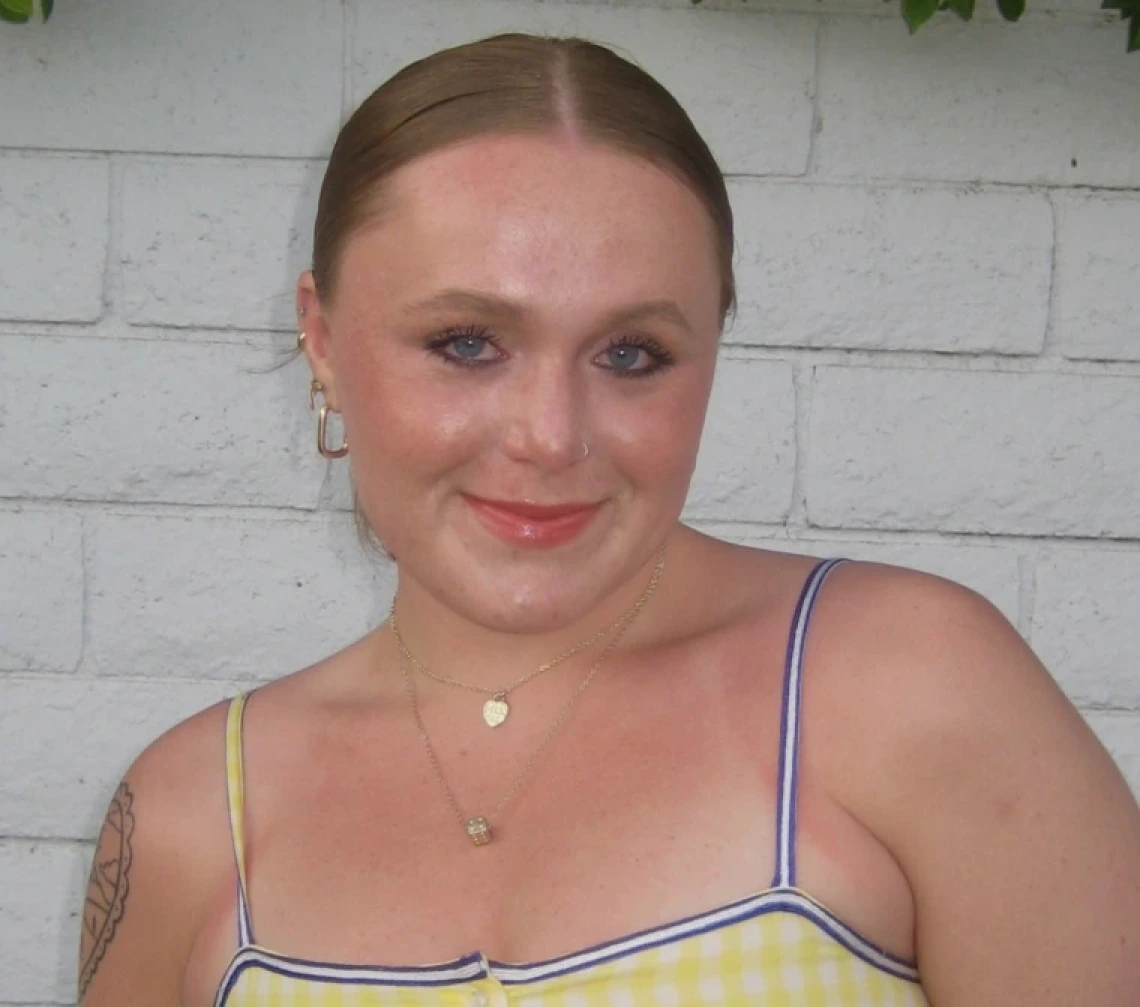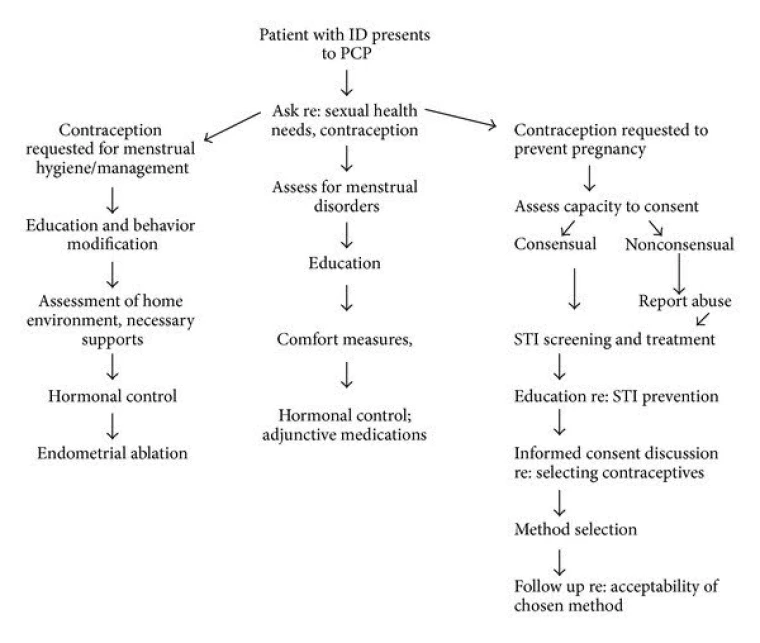The CACTI Blog: My Experience with Hands-on Community Engagement

By Kendall Smith, 2024-2025 Interdisciplinary Approach to Disability in Professional Practice Intern
During my time at the Sonoran Center as an intern, I really loved the opportunity to work on the Pregnancy and Parenting Project. As someone who has studied public health as an undergraduate student, the issue of maternal and postpartum health was familiar to me and close to my heart. I had talked about maternal health and the issues that surround the topic in multiple classes and discussed them in many ways. Before starting my internship at the Sonoran Center, however, I had never talked about the issues in pregnancy and parenting regarding disabled parents, and the unique challenges being a parent with a disability can bring. I thought this project was a wonderful way to tie in a subject that I already knew about and what I was learning about the disability community and how best to serve its members through my internship.
My work on this project at the start was somewhat hands off. I spent time working to revise informational fliers to make them more specific to the disability community. However, I had the opportunity to become much more involved in the project.
I was invited to travel with Celina Urquidez to Rio Rico and interview a young woman with Down Syndrome named Francine about her wish to start a family one day. The interview was very eye opening and fulfilling. There was something very rewarding about getting to have such a close interaction and open conversation with someone who could benefit from our project. Francine and her mother’s answers to our questions were also very interesting because they highlighted issues within the healthcare system that affect disabled women specifically.
Throughout the interview, it was clear that Francine and her mother had struggled to find the right medical providers and that sexual health and family planning were not regularly discussed with them at appointments. Francine’s mother spoke for a while about the difference between care provided for children with Down Syndrome and care available for adults. From what Francine and her mother described in the interview, it seems as though adults with down syndrome are being left behind, and their bodily autonomy and sexual health is not an issue that many providers take seriously.
The issue of medical providers infantilizing people with disabilities is not unique to Francine’s experience. Many physicians don’t offer support to people with disabilities when it comes to issues like sexuality, birth control, and family planning. However, just because it isn’t offered doesn't mean it isn't necessary. Disabled adults are just that - adults. The healthcare they receive should reflect that.
Research has indicated that this oversight on sexual health, specifically young women with disabilities, can be attributed to many factors. The issue could be as simple as providers feeling uncomfortable bringing up issues like family planning and sexual health or feeling as though they don’t have the right training. Though I was aware of the issues that the disability community faces and the barrier to healthcare, interviewing Francine and hearing how aspects of her healthcare have been overlooked, I feel more knowledgeable and passionate about the issue. Going forward, I feel as though this experience will be tremendously impactful to how I think about health disparities and the importance of sexual education and proper healthcare for everybody, including those with disabilities.

Works Cited:
The CACTI Blog features the voices of our interdisciplinary trainees and Community Advisory Council members as they highlight diverse images of people with disabilities and provide community information and advocacy on disability issues. Check Out The CACTI Blog
